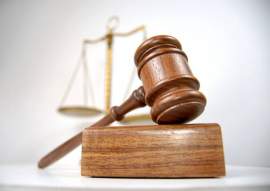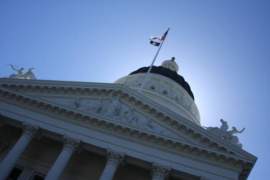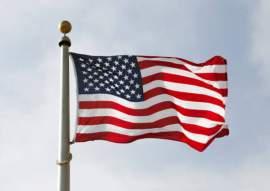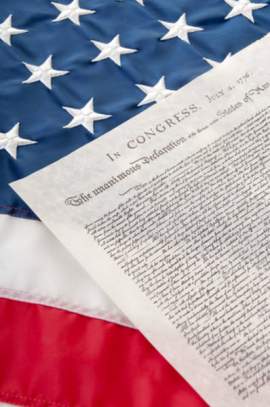
Major Cases-US v Nixon

Popular In Constitution
Purpose Of Lifetime Appointment And Pros And Cons Enumerated Powers Bicameral Legislature Background Article 3 Of The Constitution We The People 1st Amendment Who Wrote The Constitution Judicial Review Equal Protection Clause 5th Amendment 10th Amendment Three Fifths Compromise
Following the unrest created by the Pentagon Papers and The New York Times v. United States trial, it was clear that there was much civil unrest regarding the situation of the United States’ involvement in the Vietnam War. Further occurrences would prove to be fuel to the fire, such as the Kent State University shootings and President Nixon's approval to attack Cambodia. However, all of the turmoil would finally be capped off by what became known as the Watergate Scandal.
The Watergate Scandal would essentially place President Nixon in the middle of illegal activity, such as breaking and entering, burglary, and other such crimes. Eventually, the Senate would begin an investigation that would uncover the makings of a cover-up at the behest of the Nixon administration involving Watergate. Eventually, it would be discovered that Nixon had installed some form of taping system that recorded conversations with members of his administration as well as his advisors.
Nixon would refuse to release
the tapes as demanded by the Supreme Court, claiming that this property was
protected under executive privilege. Nixon would eventually comply, but the
tapes would be partially erased.
The United States Supreme Court had several issues
to tend to regarding the Watergate Scandal and the involvement of President
Nixon. However, the Watergate case had implications on the Constitutional level
that had to be addressed. Firstly, the Constitution would have to be examined
to evaluate whether the President had absolute power to withhold important
information from the other branches of power and if the executive privilege
clause could be claimed in such a circumstance. Furthermore, the Court also had
to address how such a dispute is to be settled to be concurrent with the
separation of powers, regarding whether the Judicial or Executive Branch would
have jurisdiction in resolving the matter. It was also considered whether or
not if the claiming of executive privilege violated provisions of the Fifth and
Fourteenth Amendments regarding Due Process.
The Chief Justice presiding over U.S. v. Nixon was
Warren E. Burger and would provide for a unanimous Supreme Court decision in
favor of the United States, demanding that the Nixon administration surrender
the recordings. Burger noted that the question of executive privilege and its
application would prove to be determined by the courts and the Judicial Branch,
particularly in this case where criminal activity was involved. Furthermore,
Burger would also conclude that executive privilege in this case would prove to
violate the Constitutional rights of citizens of the United States (See Also:
The Constitution-Bill of Rights).
Concurrently, Burger also stated that the withholding of the tapes would prove to be violations of the Fifth Amendment as well as the Sixth Amendment. Because the Fifth Amendment provides for Due Process, it was necessary that the President comply with the orders of the Court so as to not impede in the criminal proceedings. The Sixth Amendment provides that a defendant in a trial can be confronted by witnesses against the accused, thus extending the tapes as evidence necessary to continue the trial.
In general, the Supreme Court would provide a limitation to the Executive Branch by restricting the powers and liberties that the President can employ. His/her position as the President of the United States does not render him/her above Constitutional law. History proves that Nixon would resign his office as President in light of the incriminating evidence that was brought upon him through the impeachment trials. Nixon would be the first President of the United States to resign the position.
NEXT: Major Decisions-Employment Division v. Smith





















